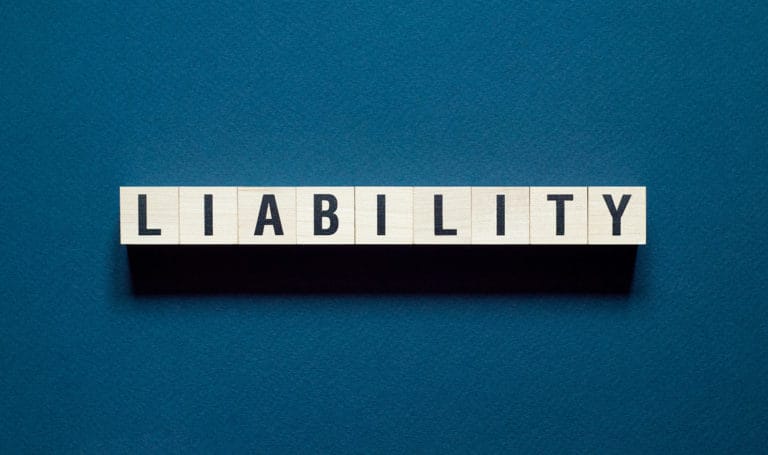When it comes to starting your own business, there’s only so much business school can teach you. It can be easy to get overwhelmed with goals, ideas, plans, and budgets. You might be thinking, “Where do I even begin? What should I do first?”
If you’ve asked yourself these questions, you’re in the right place. Here are five tips to help you begin your journey as a small business owner.
1. Organize Your Tasks
Before you can do anything, you need to get organized. Create a to-do list of the tasks you know you have to complete and organize them in order of priority and importance. Sometimes you will have an important task, but it is not vital to get it done right away. For example, the task of setting up social media accounts is important, but creating a website is a higher priority.
This is also a great way to organize your goals. Think about S.M.A.R.T. goals and how you can achieve them by completing certain projects and tasks. Now it’s easy to let projects go unfinished and tackle tasks out of order when you don’t have a way to organize it all. Using project management software may help you stay on track and ensure you are working toward your goals.
2. Set Up A Business Bank Account
Before you start making sales and doing business, it’s wise to open a business bank account. Small business banking helps to keep professional assets separate from your personal assets, such as your car and house. This account is dedicated to collecting revenue and keeping track of your business expenses. It also makes it easier to find a record of your business purchases and sales come tax season.
While you are at it, you will want to apply for a free EIN (employer identification number). You will receive this information from the IRS so you can register for state and federal taxes. This ensures you are legally doing business and can help you avoid the consequences of tax evasion or fraud.

3. Get Business Liability Insurance
Starting a business is an investment of your time, money, and resources—similar to buying a house where you invest in a home mortgage, upgrades, and daily maintenance. And you want to protect an investment that big! That’s why as a small business owner, liability insurance can help protect the investment you’ve made in YOU.
Insuring your business can help protect you from the financial strain a claim may bring. If someone is hurt or their property is damaged as a result of your business operations, services, advice, or products, you could be facing thousands in medical bills, legal fees, and repair costs. You can also insure some of the tools, gear, and equipment you use to run your business. If these items are damaged or stolen by a third-party, you could have help repairing or replacing it.
4. Brand Your Business
You might have the greatest product or service on the market, but if it doesn’t have good branding then it may lower your chances of success. Essentially, branding is everything from the business name to the logos, tone, and colors, used in your packaging, writing, and marketing. This is how the rest of the world views your business and what they associate with it.
Good branding will help your business stand out from the competition. It leaves a lasting impression on your customers by being memorable and recognizable. Whether it’s a witty slogan or well-designed product packaging, you want to wow your customers. Those little details can make all the difference in how well your business performs.
5. Background Check Employees
If you know you will be hiring employees for your business, you want to be sure they are honest, trustworthy, and representative of what your company is about. You can do this by running background checks on your employees, contractors, volunteers, and freelancers.
Having good, reliable employees is especially important in businesses that handle valuable items, customer information, or finances and work with pets, children, and hands-on beauty services. For example, a cleaning company wants to make sure their employees will not steal customer’s items; a tutoring business wants to ensure their employees are legally allowed to work with minors; and a gym wants to keep their clients safe from personal trainers with a history of mistreating others.
We hope these tips will be helpful to you as you start your new business journey. When you think of protecting your business, think of Insurance Canopy. We are here to help you insure what matters, keep your business running smoothly, and grow your business to new heights.






